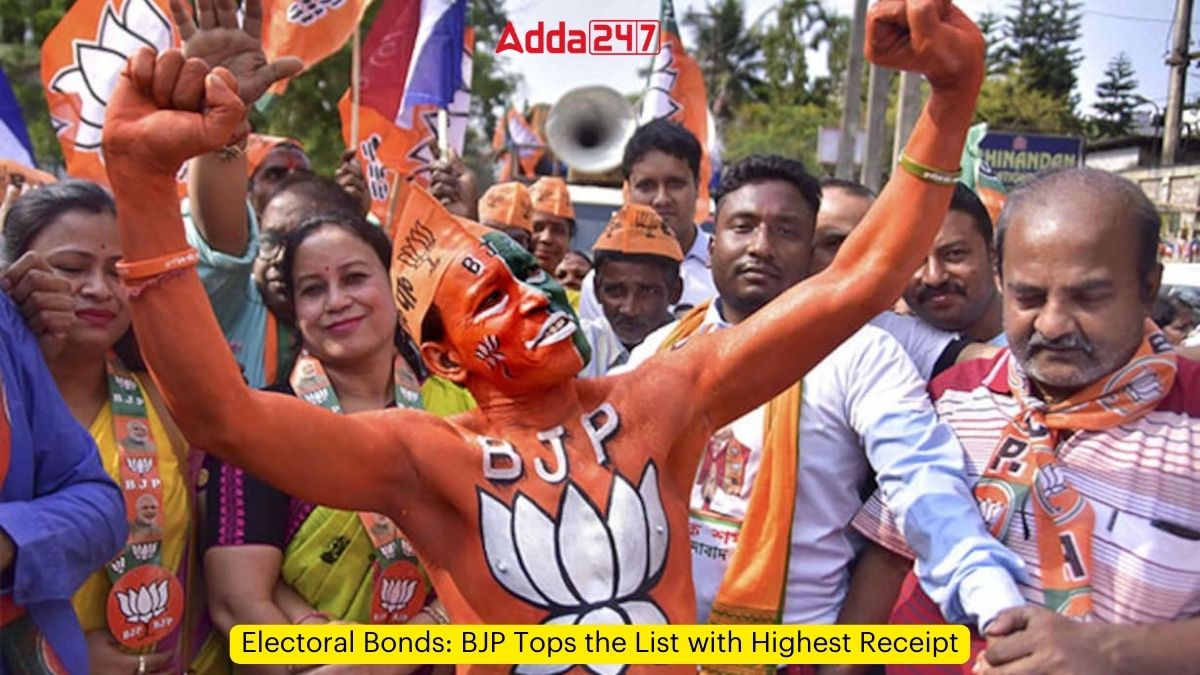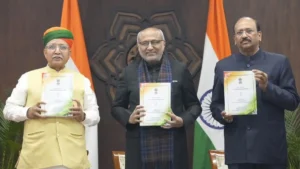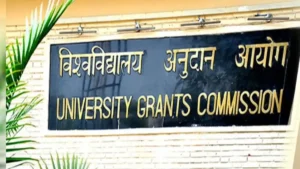The Electoral Bonds scheme, introduced in 2018, allows individuals and entities to make donations to political parties without revealing their identities. The Election Commission of India (ECI) has recently released data on the amounts received by various parties through this route, providing insights into the flow of funds in Indian politics.
BJP’s Massive Lead
According to the data released by the ECI, the Bharatiya Janata Party (BJP) encashed electoral bonds worth a staggering ₹6,060.5 crore between April 12, 2019, and January 24, 2024. This amount accounts for a whopping 47.5% of the total electoral bonds encashed during this period, making the BJP the largest recipient by a significant margin.
Other Major Recipients
Following the BJP, the All India Trinamool Congress (AITC) received ₹1,609.5 crore (12.6% of the total), while the Indian National Congress (INC) received ₹1,421.9 crore (11.1%), securing the second and third positions, respectively.
The Bharat Rashtra Samithi (BRS), Biju Janata Dal (BJD), and Dravida Munnetra Kazhagam (DMK) also received substantial amounts, with ₹1,214.7 crore (9.51%), ₹775.5 crore (6.07%), and ₹639 crore (5%), respectively.
Regional Parties’ Share
Among the regional parties, the YSR Congress Party (YSRCP) received ₹337 crore (2.64%), while the Telugu Desam Party (TDP) and Shiv Sena received ₹218.9 crore (1.71%) and ₹159.4 crore (1.24%), respectively. The Rashtriya Janata Dal (RJD) received the lowest amount of ₹72.5 crore (0.57%) among the parties listed.
Transparency Concerns
The release of this data by the ECI comes after the Supreme Court directed it to make the information public by March 15. The data was initially provided by the State Bank of India (SBI), which is authorized to issue and encash electoral bonds.
While the scheme aims to promote transparency in political funding, concerns have been raised regarding the anonymity of donors, which could potentially allow for the influence of undisclosed sources on the electoral process.
Public Scrutiny and Debate
The release of this data has sparked a renewed debate on the need for greater transparency and accountability in political funding. As the information enters the public domain, it is likely to face scrutiny from various stakeholders, including civil society organizations, political analysts, and the general public.
The disclosure of electoral bonds data is a step towards enhancing transparency in the Indian democratic system, but the debate surrounding the anonymity of donors and the potential for undue influence continues to be a point of contention.




 Vice-President Launches Tamil & Guja...
Vice-President Launches Tamil & Guja...
 UGC Flags 32 Fake Universities Across In...
UGC Flags 32 Fake Universities Across In...
 PM Modi Inaugurates India's First Namo B...
PM Modi Inaugurates India's First Namo B...








